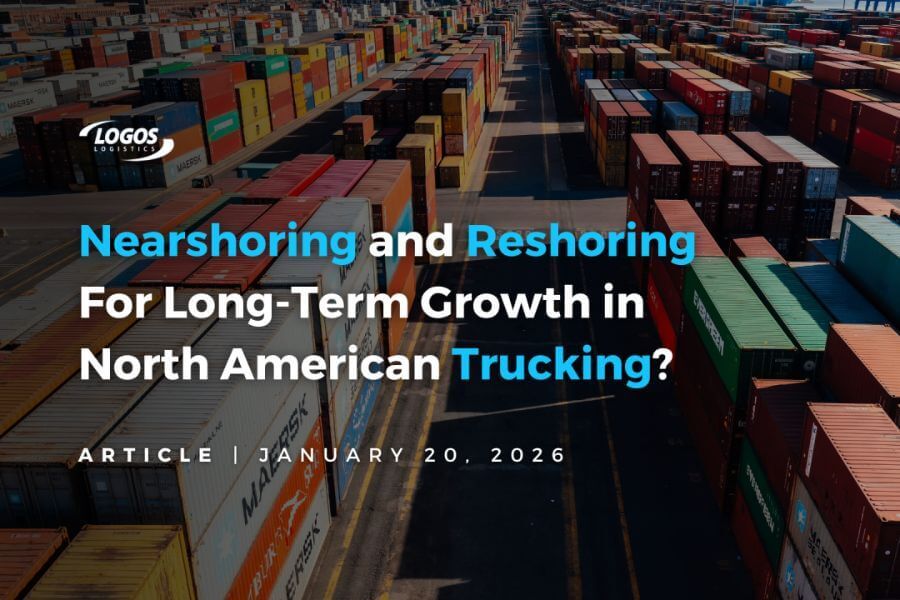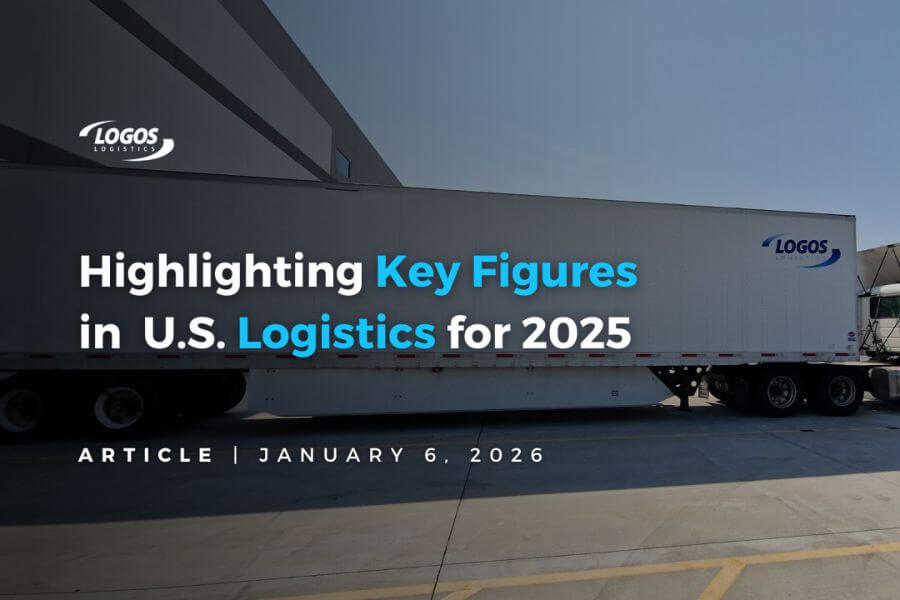In recent years, global supply chains have undergone a seismic shift. The old one-size-fits-all logistics models are rapidly becoming obsolete in the face of rising consumer expectations, technological disruption, geopolitical uncertainties, and sustainability demands. Customized logistics solutions are a strategic necessity in today’s climate, and should be utilized to streamline supply chains.
1. Adapting to complexity and volatility
Modern supply chains are far more complex than they were a decade ago. With global sourcing, multi-channel retail, and ever-evolving trade regulations, businesses are grappling with unprecedented levels of complexity. Moreover, supply chain disruptions — from pandemics to geopolitical tensions — have become the norm rather than the exception.
Customized logistics solutions offer the flexibility and agility required to respond to these uncertainties. Tailored transportation routes, warehousing strategies, and inventory management plans can help businesses pivot quickly when disruptions occur, ensuring continuity and resilience.
2. Meeting unique business requirements
Every company within every industry has unique logistical needs. For example:
- A pharmaceutical company might prioritize cold chain integrity and regulatory compliance.
- An e-commerce retailer might focus on last-mile delivery speed and returns management.
- A manufacturer may need just-in-time delivery to minimize inventory holding costs.
Off-the-shelf logistics services often fail to meet these specialized demands. Customized solutions, on the other hand, are built around specific operational workflows, business objectives, and customer expectations, providing a more effective and efficient supply chain.
3. Leveraging data and technology strategically
The digital transformation of logistics has introduced powerful tools such as predictive analytics, IoT, machine learning, and real-time tracking. However, the real value of these tools emerges when they are configured to a business’s unique needs.
Customized logistics solutions integrate technology in a way that aligns with specific performance indicators and goals. Whether it’s using AI to forecast demand, optimizing delivery routes based on real-time traffic data, or automating warehouse processes, tailored systems maximize the return on technological investments.
4. Supporting sustainability and ESG goals
Environmental, Social, and Governance (ESG) considerations are increasingly influencing supply chain decisions. Customized logistics solutions can help organizations design greener, more sustainable supply chains by:
- Reducing transportation emissions through optimized routing.
- Consolidating shipments to reduce packaging waste.
- Incorporating alternative fuels or electric vehicles into the fleet.
Such initiatives are difficult to implement through generic logistics models. A customized approach allows companies to integrate sustainability into their core logistics operations, aligning with broader corporate responsibility goals.
5. Enabling competitive differentiation
In crowded markets, customer experience can be a key differentiator. Tailored logistics solutions allow businesses to offer faster deliveries, better communication, personalized tracking, and smoother returns — all of which contribute to a superior customer experience.
By aligning logistics capabilities with brand promises and customer expectations, companies can not only meet demand but exceed it — turning logistics into a source of competitive advantage.
As the supply chain landscape continues to evolve, driven by digitalization, globalization, and shifting consumer behavior, businesses must move beyond standardized logistics solutions. Customization is the key to unlocking agility, efficiency, resilience, and customer satisfaction. Forward-looking companies are embracing this approach not just to survive, but to thrive in a new era of supply chain management.











